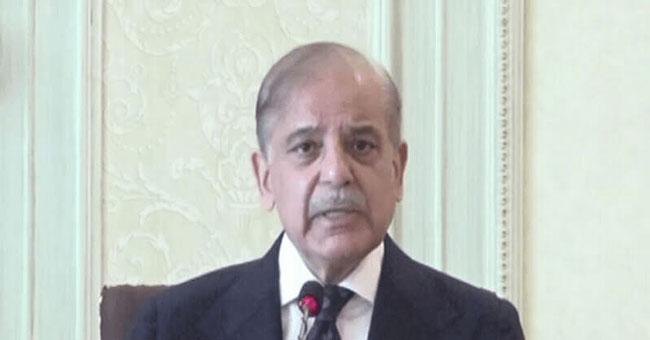Desk:After prolonged negotiations, Pakistan is set to receive a $1 billion loan from the International Monetary Fund (IMF). For years, the country has relied heavily on financial support from institutions like the World Bank, the IMF, and allies such as China. Occasionally, it has also benefited from concessional oil and monetary assistance from Saudi Arabia. However, these lifelines have come at a cost—Pakistan’s financial sovereignty continues to erode. The country is now in a position where it cannot even finalize its national budget without external input.
Pakistan is expected to present its federal budget on June 2, but before doing so, it will consult with the IMF. A delegation from the IMF has already arrived in Islamabad, and officials from Pakistan’s finance ministry will first seek their approval before finalizing the budget proposals.
According to sources, the IMF will determine key allocations in the budget, including infrastructure spending, interest payments on existing debts, and funds for economic reforms. The IMF’s involvement in Pakistan’s budget planning is not new—it has been influencing budgetary decisions for several years now. The global lender insists that the budget must ensure economic stability and include a fiscal buffer for emergencies.
Before releasing the next tranche of the bailout, the IMF has imposed 11 new conditions, taking the total number of conditions on Pakistan to 50. One of the major stipulations is that Pakistan’s total budget must be capped at PKR 17.6 trillion. Of this, only PKR 1.07 trillion can be allocated to development expenditure.
The IMF has also pushed for a more robust tax system, including proposals to tax agricultural income. Additionally, the government will be required to publish a Governance Action Plan to ensure transparency and public accountability in implementing reforms. Subsidies on electricity have also come under scrutiny, with the IMF restricting the extent of relief the government can offer its citizens.
In essence, while the IMF loan may temporarily stabilize Pakistan’s finances, it further underscores the growing limitations on the country’s economic autonomy.




